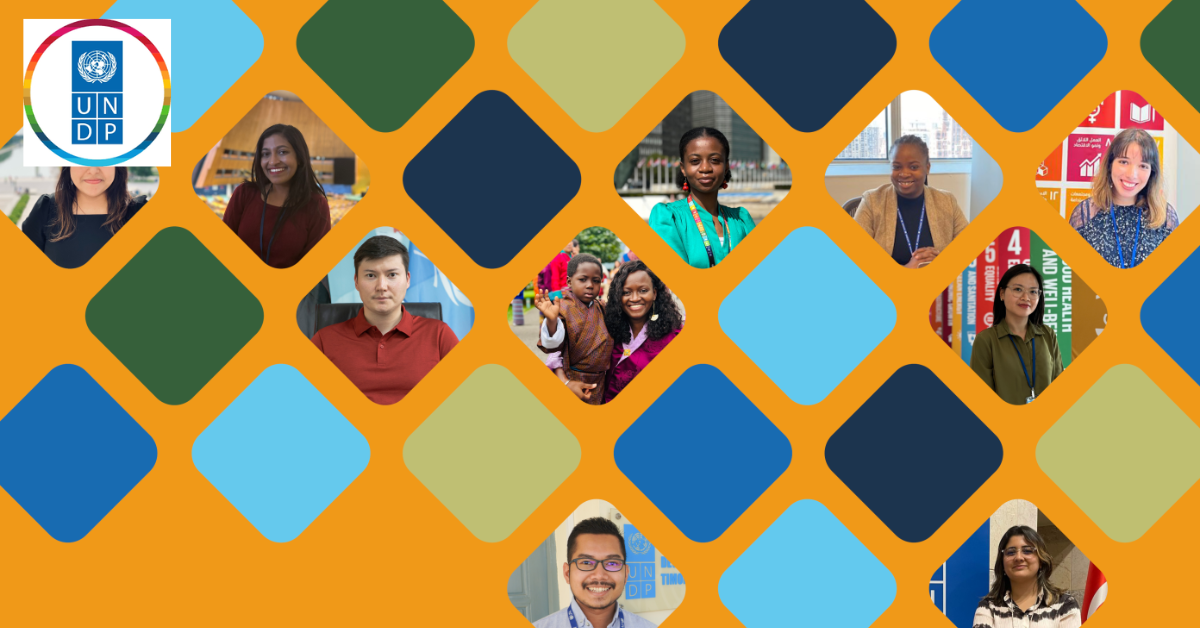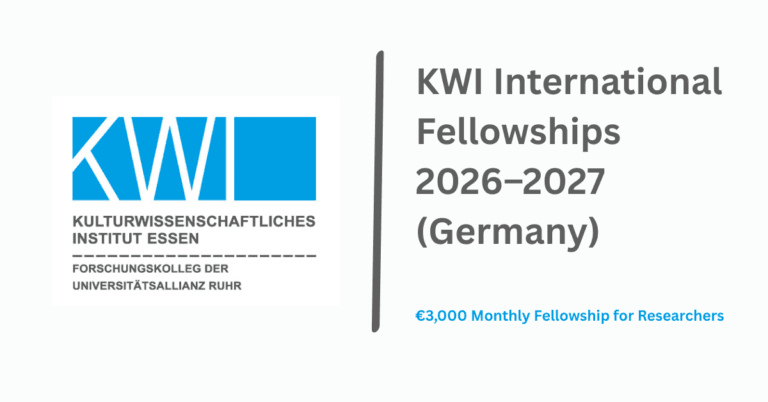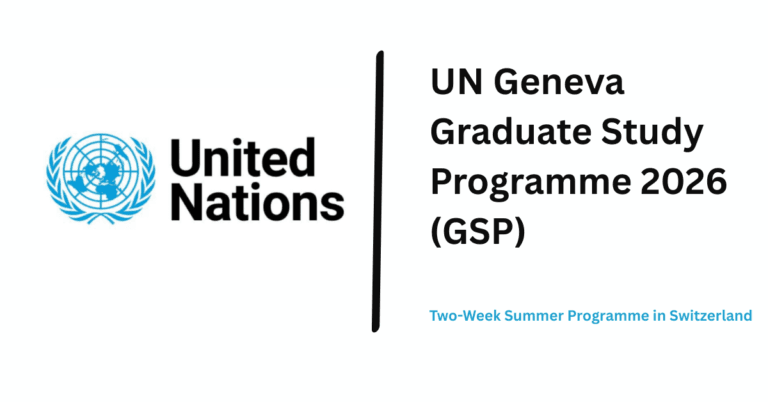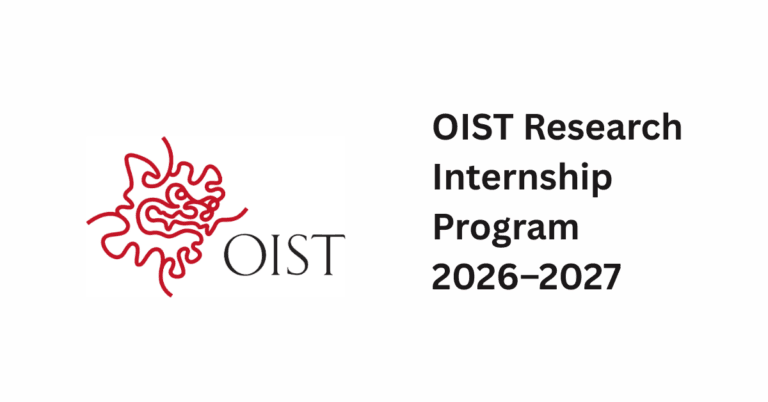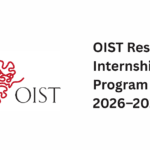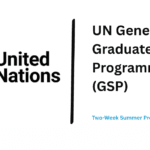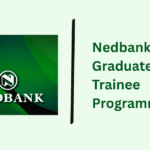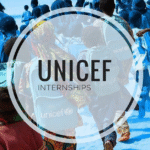Explore the fully sponsored World Food Programme Fellowship 2026. Learn who can apply, what fellows do, benefits, eligibility criteria, and how this fellowship prepares young professionals for impactful humanitarian careers.
The World Food Programme (WFP) Fellowship 2026 offers one of the most prestigious career-entry opportunities for young professionals passionate about humanitarian work. This competitive programme allows fellows to develop deep expertise in food security, emergency response, policy development, and global humanitarian operations while contributing directly to WFP’s mission of ending hunger worldwide.
Designed for talented Master’s and PhD students, recent graduates, researchers, and early-career academics, the fellowship provides immersive, hands-on experience across WFP’s operational and support functions—helping shape the next generation of global development leaders.
For more opportunities like these, be sure to follow us on Facebook, join our WhatsApp Group and Channel, and connect with us on LinkedIn.
Who Are Fellows?
WFP Fellows are high-potential individuals who bring strong academic backgrounds, advanced research capability, and professional competence across humanitarian and development fields. They include:
- Master’s and PhD students
- Recent graduates
- Researchers and academics
- Professors contributing technical expertise
Fellows play a meaningful role in WFP’s work by supporting critical initiatives that drive progress toward the 2030 Agenda for Sustainable Development.
What Do Fellows Do at WFP?
WFP Fellows are placed across a variety of strategic and operational units, depending on skills and organizational needs. Their responsibilities may include:
1. Donor Relations
Supporting donor engagement, partnership development, and reporting.
2. Policy Development
Contributing to global and country-level policy research, drafting, and analysis.
3. Humanitarian Finance
Supporting financial planning, budgeting, and resource allocation for emergency and development operations.
4. Programme Design & Implementation
Helping shape programme strategies, design proposals, and monitor progress.
5. Research and Analytical Work
Producing evidence-based insights to guide WFP’s field and policy decisions.
By working within real-world humanitarian operations, fellows gain practical experience, professional exposure, and the ability to operate in fast-paced global contexts.
What Benefits Do Fellows Receive?
WFP partners with sponsoring institutions to ensure fellows have financial and logistical support throughout their assignment. Fellows receive full sponsorship from:
- Academic institutions
- Research organizations
- Governmental agencies
Coverage typically includes:
- Monthly stipend
- Round-trip travel for appointment and repatriation
- Accommodation support
- Visa and permit fees
- Medical insurance
- Other assignment-related expenses
Note: WFP does not provide direct funding. All benefits come through the fellow’s sponsoring entity.
Where Are Fellowships Offered?
Fellowships are available year-round at:
- WFP Headquarters
- Regional Bureaux
- Country Offices around the world
Assignments last between 3 and 12 months, depending on need and sponsor arrangements.
Am I Eligible for World Food Programme Fellowship?
Applicants must meet the following core eligibility criteria:
Academic Requirements
You must be one of the following:
- Master’s or PhD student
- Recent graduate
- Researcher or professor
- Holder of at least a completed undergraduate degree
You must have advanced technical knowledge relevant to WFP’s work.
Sponsorship Requirement
Applicants must be financially supported by:
- Universities
- Research institutions
- Government bodies
that have an active Fellowship Partnership Agreement with WFP.
Skills & Competencies
- Fluency in English (additional WFP languages such as Arabic, Spanish, French are an advantage)
- Proficiency in MS Office
- Strong interpersonal skills in multicultural environments
- Ability to demonstrate WFP’s core behavioural competencies
Additional Conditions
- No immediate family members working at WFP
- Additional sponsor-specific eligibility rules may apply
Why Choose the WFP Fellowship?
The fellowship provides:
- Immersive experience in the world’s largest humanitarian organization
- Exposure to global operations, emergencies, and development programmes
- Networking with leading experts and international partners
- A pathway toward future international development roles
This fellowship is ideal for those who are committed to addressing global hunger, inequality, resilience, and sustainable development.
APPLY NOW
Explore the fully sponsored World Food Programme Fellowship 2026
For more opportunities like these, be sure to follow us on Facebook, join our WhatsApp Group and Channel, and connect with us on LinkedIn.
Related Opportunities on Flex Jobs Space
- UNDP 100% Remote Volunteer Assignments 2026 – Paid & Fully Funded
- Mercy Corps Global Fellowship 2026 – Fully Funded Training + Monthly Stipend
- UNICEF Remote Internship 2026 – Paid International Opportunities
- Global Fellowships & Skills Training Programs 2025
Frequently Asked Questions (FAQ)
1. Does WFP pay fellows directly?
No. All financial support is provided by external sponsoring organizations.
2. Can undergraduate students apply?
Only those who have completed an undergraduate degree may apply.
3. How long do fellowships last?
Assignments range from 3 to 12 months.
4. Are fellows hired after the programme?
There is no guarantee of employment, but many former fellows continue careers in the UN or global development sector.
5. Do I need a sponsor to apply?
Yes, sponsorship from an eligible institution is mandatory.
6. Are fellows placed globally?
Yes. Placements are available in HQ, regional, and country offices.
Keywords
WFP Fellowship 2026, World Food Programme fellowship, humanitarian fellowship programme, UN fellowships 2026, global development fellowships, WFP opportunities for graduates, humanitarian internships, UN career development programmes, food security fellowships
